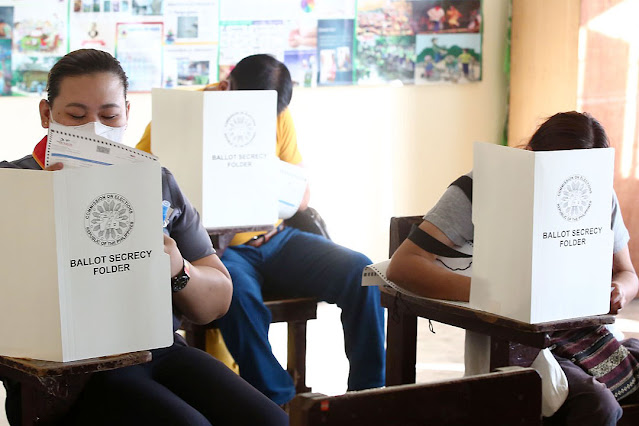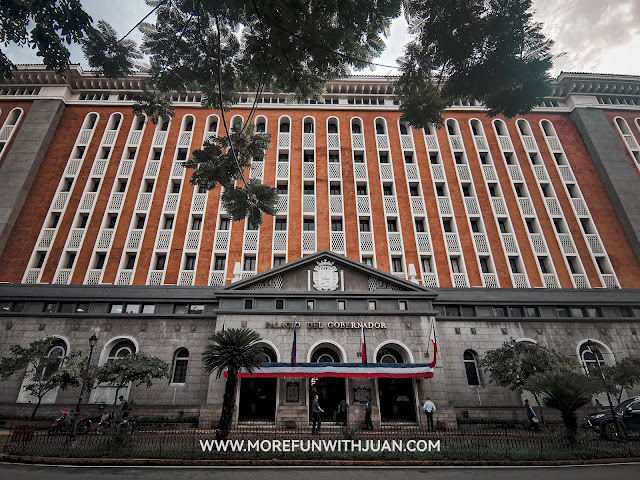All you need to know about Comelec.
.svg.png) |
| Comelec official logo |
The Commission on Elections (COMELEC) is an independent constitutional body in the Philippines responsible for ensuring free, fair, and honest elections. Established to uphold the democratic process, COMELEC plays a critical role in organizing and overseeing national and local elections, referendums, and other electoral processes in the country.
Comelec in Details
- Abbreviation: COMELEC
- Predecessor: Department of Interior
- Formation: August 22, 1940
- Headquarters: Palacio del Gobernador
- Location: General Luna Street corner Andres Soriano Jr. Avenue, Intramuros, Manila
- Membership: 1 chairperson, 6 commissioners
- Website: www.comelec.gov.ph
This overview provides insights into the history, functions, structure, and significance of the Commission on Elections.
Loading...
Historical Background
The creation of the Commission on Elections dates back to the Philippine Constitution of 1935, which established the body to oversee the conduct of elections in the Philippines. Over the years, its powers and functions have evolved to meet the changing needs of the democratic process.
Comelec Key Functions
 |
| Philippine Elections voting ballots |
- Election Administration: COMELEC is responsible for the administration of all aspects of elections, including voter registration, campaign regulation, ballot preparation, and vote counting. It ensures that electoral processes adhere to legal and ethical standards.
- Voter Education: COMELEC promotes voter education to inform citizens about their rights, responsibilities, and the importance of participating in elections. This involves disseminating information about candidates, parties, and the electoral process.
- Candidate Regulation: COMELEC screens and approves candidates for various elective positions. It ensures that candidates meet legal qualifications and adhere to campaign finance regulations.
- Election Monitoring: COMELEC monitors election-related activities to prevent fraud, voter manipulation, and other irregularities. It investigates complaints and takes action against violations of election laws.
- Proclamation of Winners: Once the votes are counted and validated, COMELEC officially proclaims the winners of elections and other electoral exercises.
Structure of Comelec
COMELEC is composed of a Chairman and six Commissioners, all of whom are appointed by the President with the consent of the Commission on Appointments. The Chairman serves as the head of the Commission and holds administrative and executive authority. Commissioners share the responsibilities of decision-making and policy implementation.
Independence and Autonomy
An important aspect of COMELEC is its independence from the influence of partisan politics. The body operates autonomously to ensure that electoral processes remain impartial and unbiased. This independence enhances public trust in the credibility of elections.
Local COMELEC Offices
COMELEC operates at various levels, with local offices in provinces, cities, and municipalities. These offices manage voter registration, address election-related concerns, and work closely with local government units to facilitate smooth elections.
 |
| Comelec head office at the Palacio del Gobernador |
ATTRACTIONS TO SEE IN MANILA
Klook.comChallenges and Innovations
COMELEC faces various challenges, including voter education in remote areas, technological advancements, and adapting to changing political landscapes. To address these challenges, the body has embraced technology by implementing automated voting systems and enhancing its digital presence for voter engagement.
Significance of Comelec
The Commission on Elections plays a pivotal role in maintaining the integrity of the Philippine democratic process. By ensuring free and fair elections, COMELEC upholds the voice of the people, promotes transparency, and strengthens the foundation of Philippine democracy.
In conclusion, the Commission on Elections (COMELEC) is a cornerstone of Philippine democracy, tasked with organizing, overseeing, and safeguarding the electoral process. Its commitment to fairness, transparency, and public trust contributes to the continued success of democratic governance in the Philippines.













No comments
Let us know your thoughts!